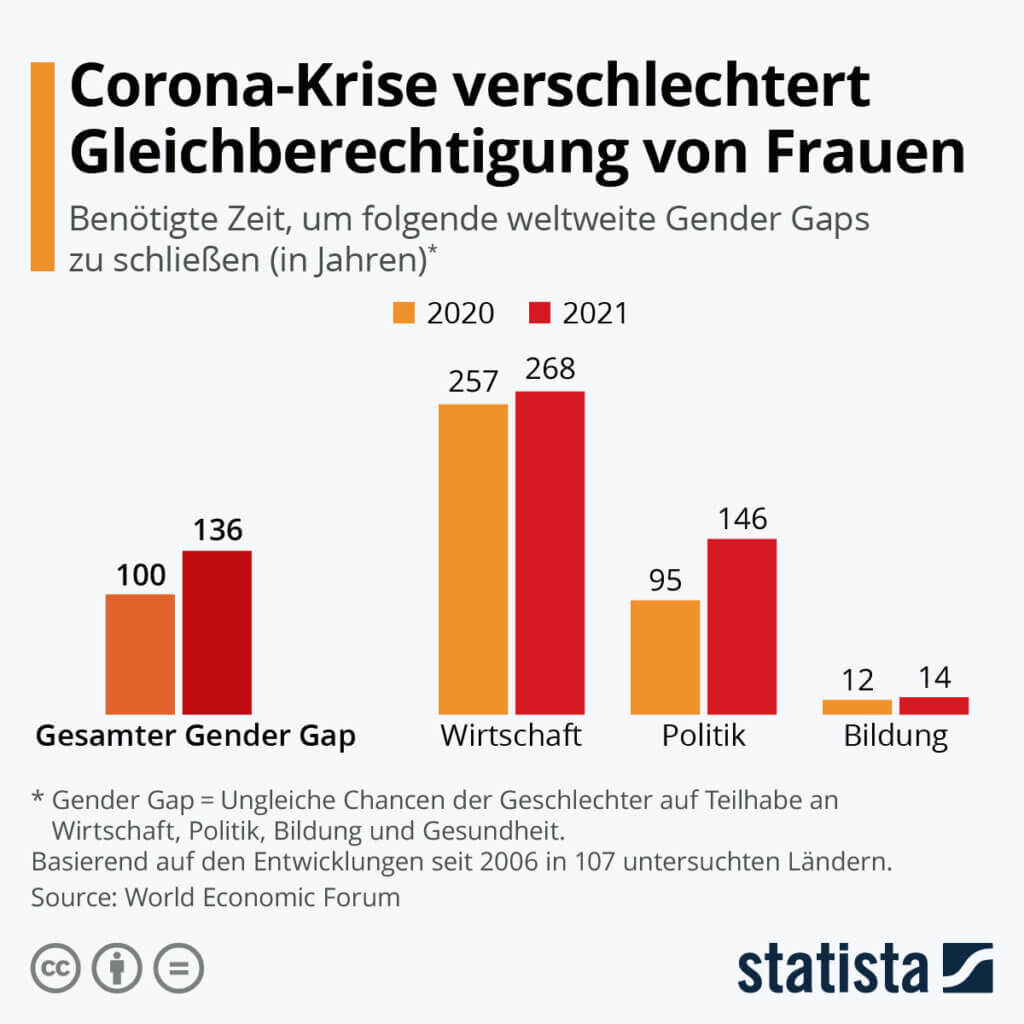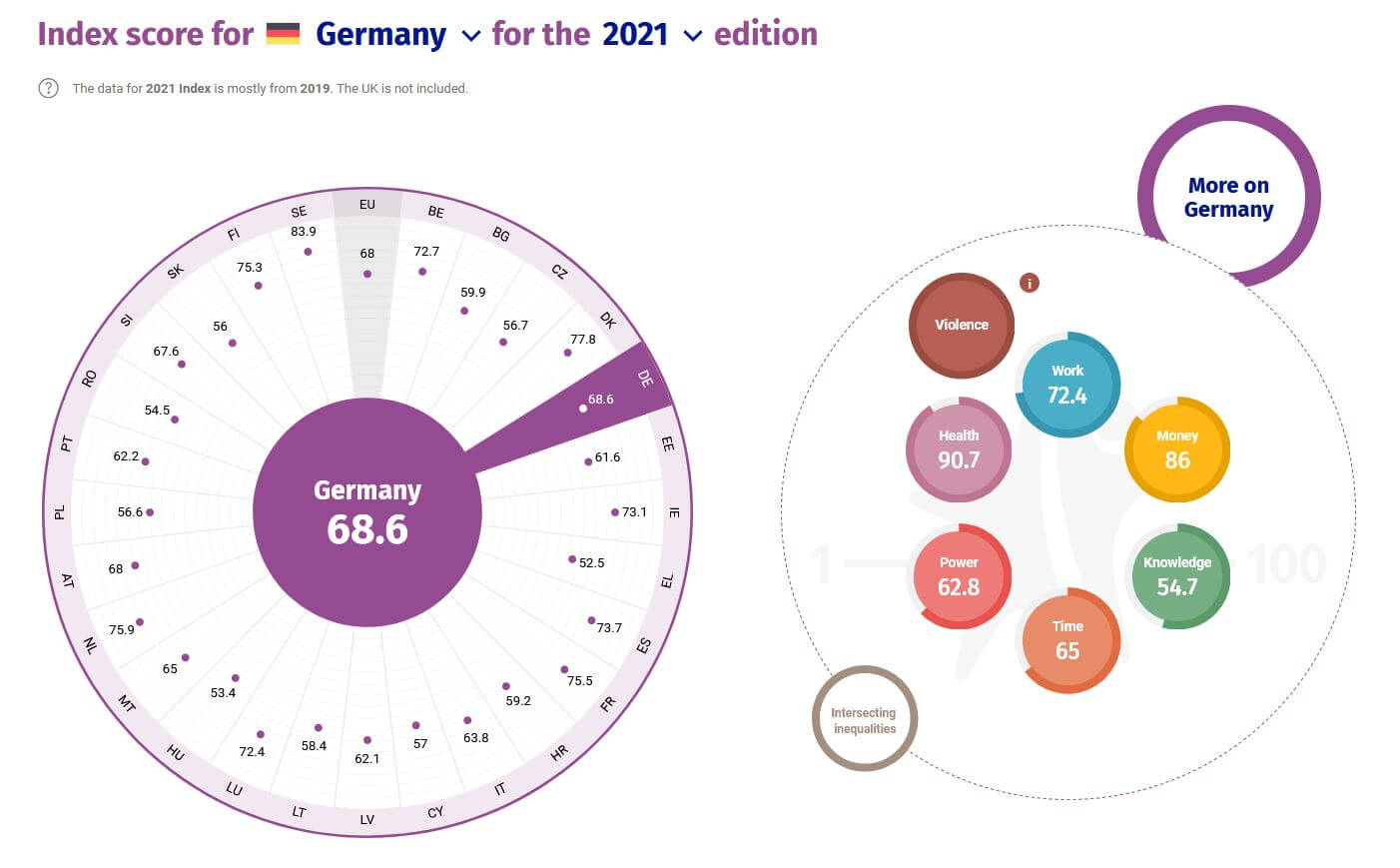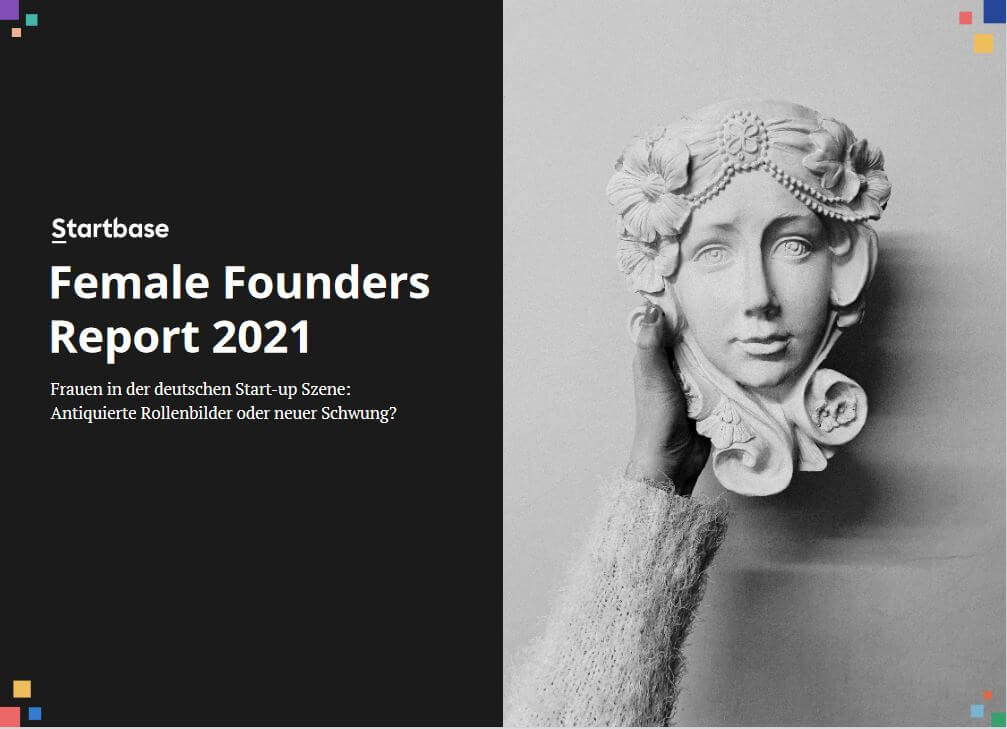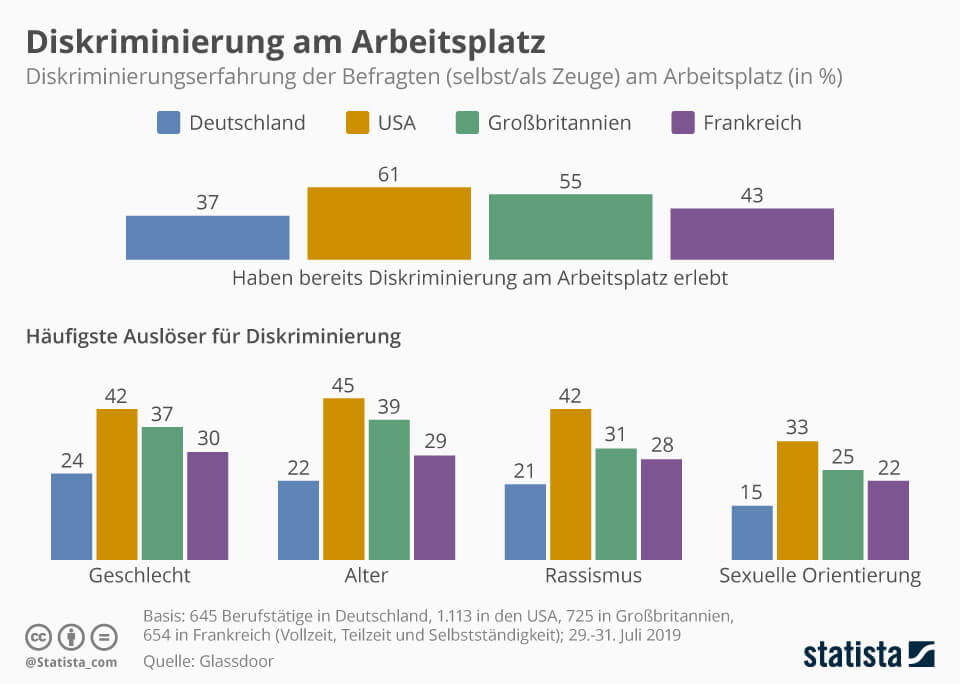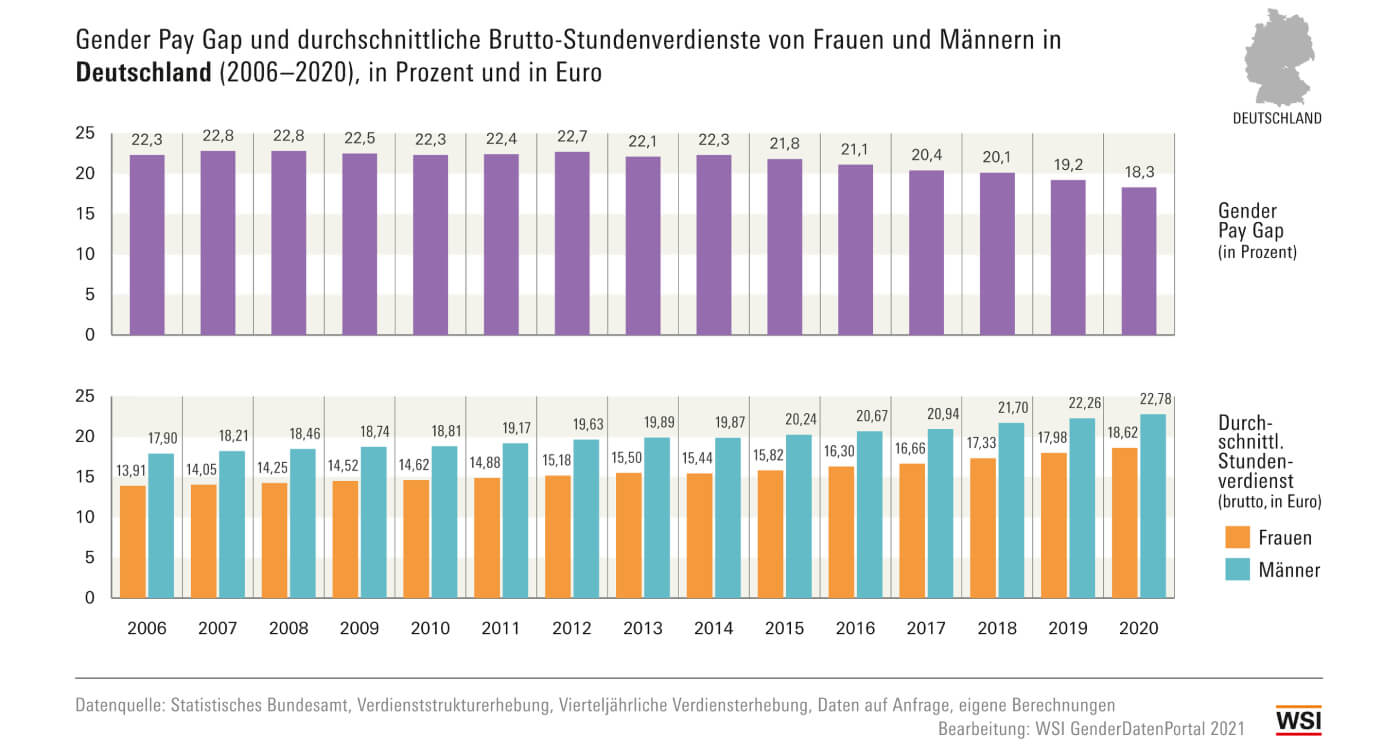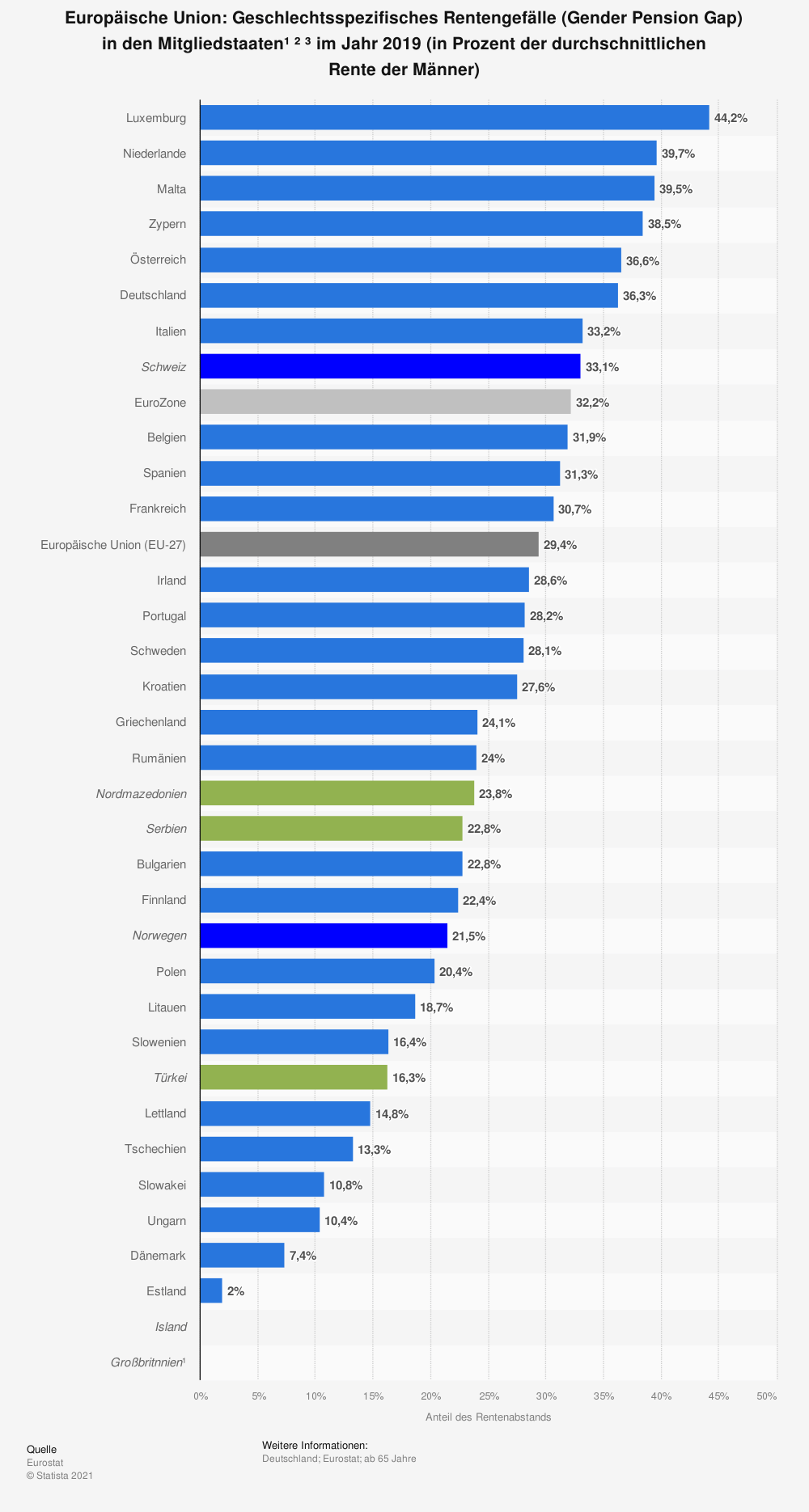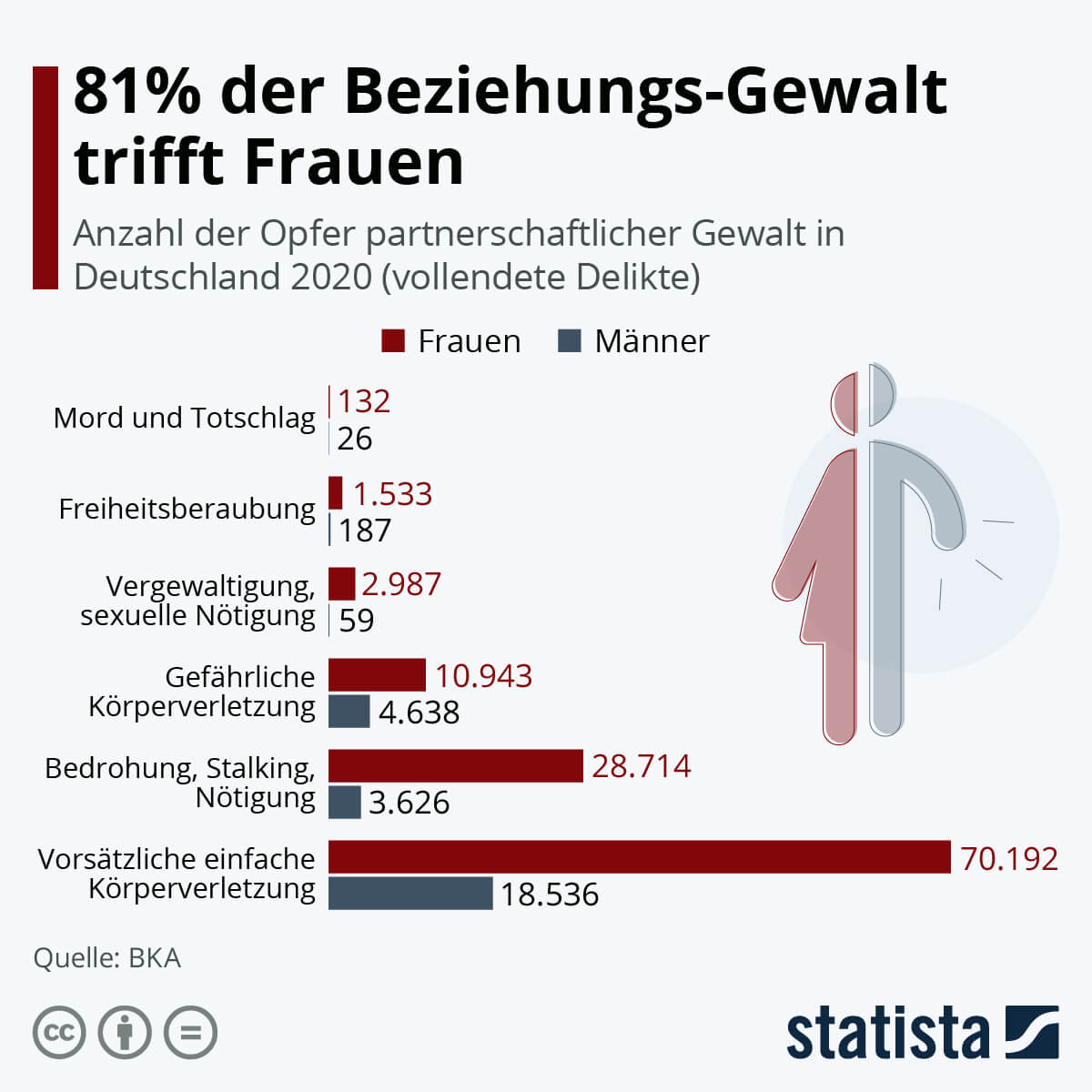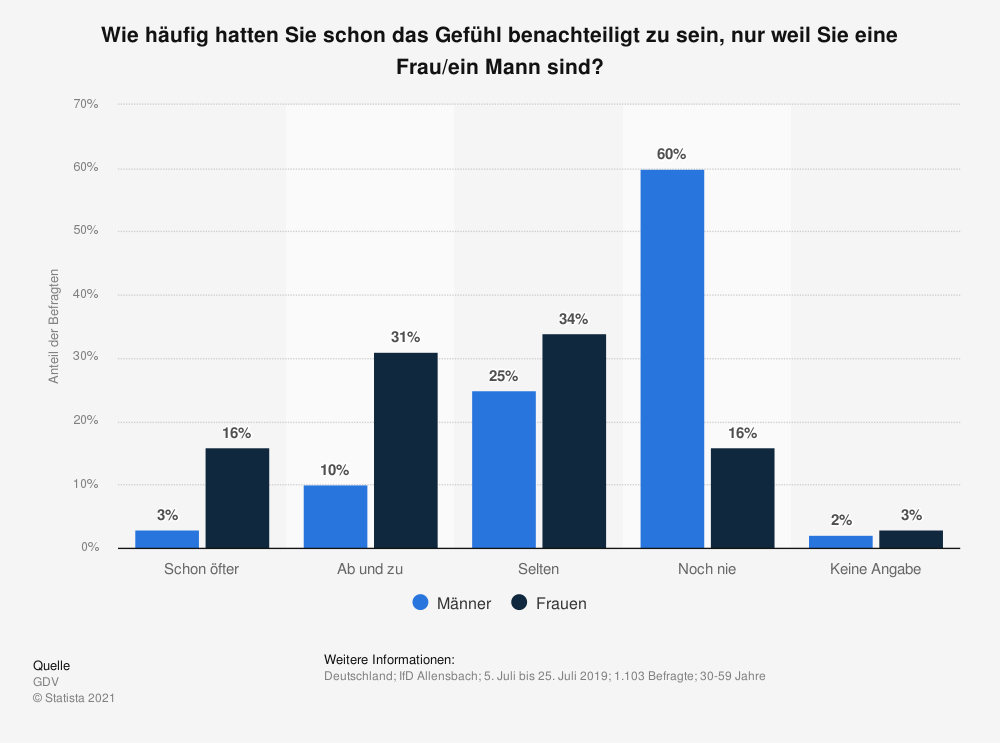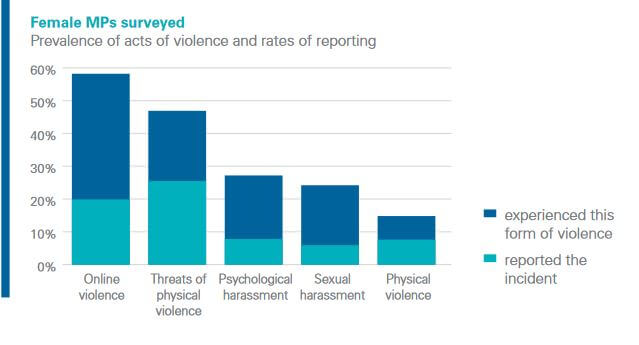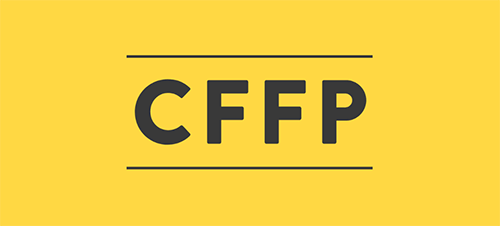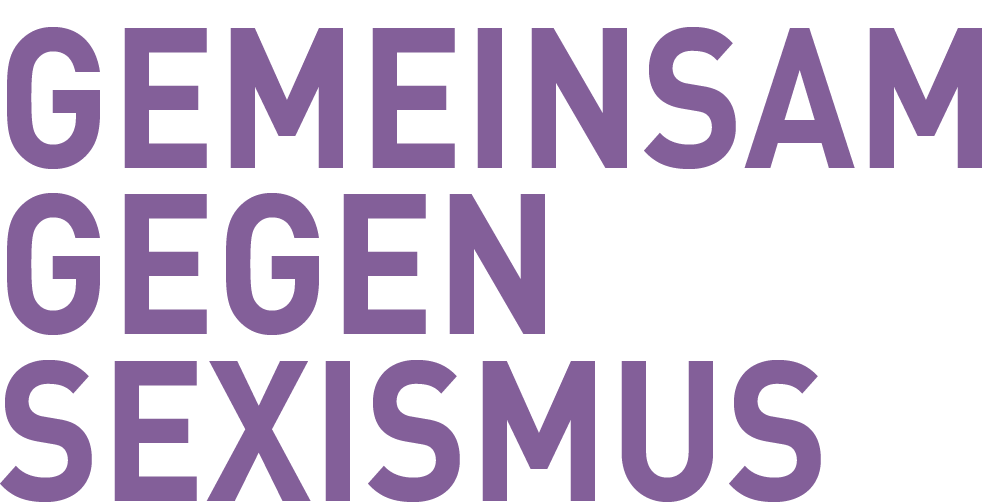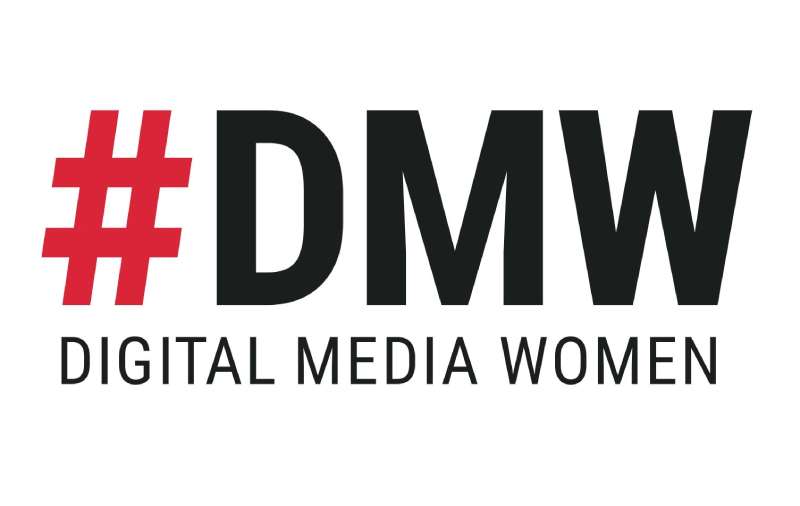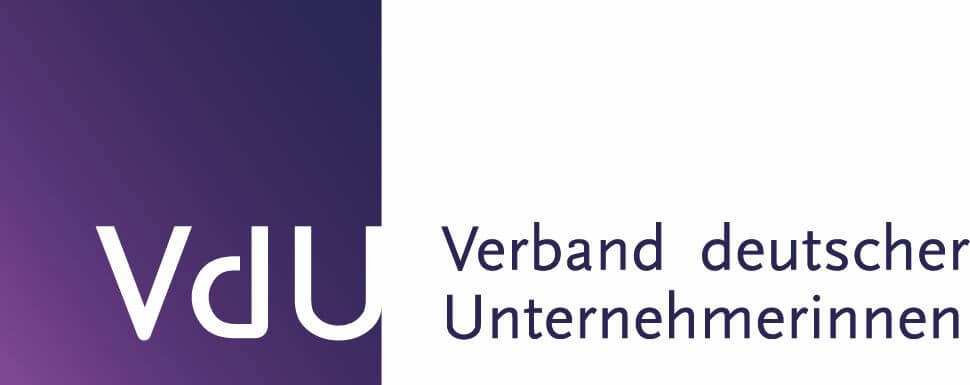Kinga Bartczak – Female Empowerment & Business Coach aus Köln

Unternehmerin, Trainerin, Female Empowerment & Business Coach
In today’s world, the terms “Women Empowerment” and “Female Empowerment”. The media report on strong women/female role models who stand up for their rights, feminist initiatives are founded to provide girls with the best possible support on their professional and entrepreneurial paths, and violence against women is publicly discussed and criticized. Time to sit back and pack up the “gender club” again.
Not quite, because despite the successes achieved, Female Empowerment can do so much more. We can all help celebrate diversity, demand greater justice for all genders, stand firm against hate and gloating, and defend rights already won.
What is female empowerment anyway?
Female empowerment is not an ideology or a short-term trend. Female Empowerment (also called Women Empowerment) means above all the strengthening of self-determination and independence of women. But let’s take this concept a little further.
Today’s Female Empowerment is as much about issues such as closing the income/pension gap (‘gender pay gap’, ‘gender pension gap’) or supporting inequality of opportunity in the labor market as it is about tackling all kinds of overt and covert discrimination against women in everyday life. The aim here is to break with the prejudices and gender stereotypes (gender bias) anchored in the minds of many people. It is still a matter of filling corporate positions at all levels with suitable female representatives and also of shaping policies with feminist representation and feminist content.
In addition to the creation of legal and social framework conditions, however, another important aspect is at the forefront of female empowerment: the strengthening of self-confidence and the overcoming of boundaries/beliefs that many women have set for themselves out of fear of not conforming to social norms.
How widespread lived prejudices against women still are today often only becomes clear at second glance. Whether in education, at work or in private life: Women are often forced into “typically female” behavior patterns, and those who defy these role models must expect consequences as well as public disapproval. Breaking with clichés and encouraging women to go their own way and resist conforming to society is one of the major goals of “Female Empowerment”. To achieve it, both tireless public discussion and the setting of steady signals in the interpersonal sphere are necessary.
The History of Female Empowerment
Symbolic: International Women’s Day
One day that brings the need for Female Empowerment into focus every year is certainly International Women’s Day on March 8. Initiated as early as 1911 by Clara Zetkin with the primary goal of women’s suffrage to improve living and working conditions, this symbolic day has repeatedly become a plaything of ideologies and politics. At the beginning of the 20th century, women were not allowed to vote in almost any country in the world. Women’s suffrage was introduced in Germany eight years later, in 1919, and International Women’s Day became established. Barely 14 years later, this was banned by the National Socialists and subsequently fell into oblivion. It was not until the late 1960s that the resurgence of the women’s movement brought it back into focus, enriching social discourse with the issues:
- Women’s rights are human rights
- Strengthening women’s suffrage worldwide
- Attention to the Gender Pay Gap/Gender Care Gap/Gender Pension Gap.
- Dissolution of outdated role models
- Gender equality and combating discrimination of all kinds
- Combating abuse, sexual violence and hate crime
If we stop at individual stations in our (German) history, we see how important it is to stand up for cross-gender issues, as they are not only just but also reversible. Acquired rights are eroded step by step without attitude and defense, until little of their own value remains. That is why legislation is a decisive factor in the institutionalization of women’s rights.
A brief historical digression on female empowerment
Some progress has already been made in the area of female empowerment, but there is still much to be done. Here is a brief overview of important feminist milestones:

First feminist writings
The concept of feminism

Suffragettes in England
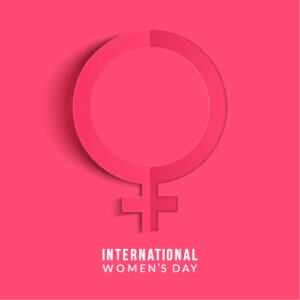
The International Women's Day

Women's suffrage in Germany
Short hair as a sign of freedom
Marlene Dietrich

Invention of the bikini
Equal Rights Act

The own bank account
Feminist teaching
Places for women
House for beaten women
A new marriage law
Equal Treatment Act

Marital rape

First Chancellor of Germany
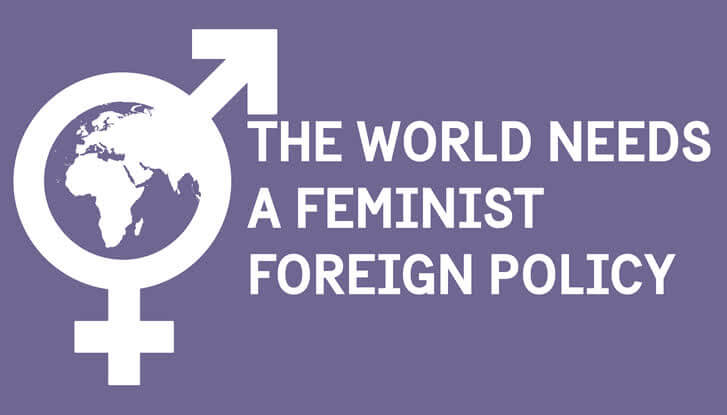
Feminist Foreign Policy in Sweden
Women's quota in DAX companies

No means no!
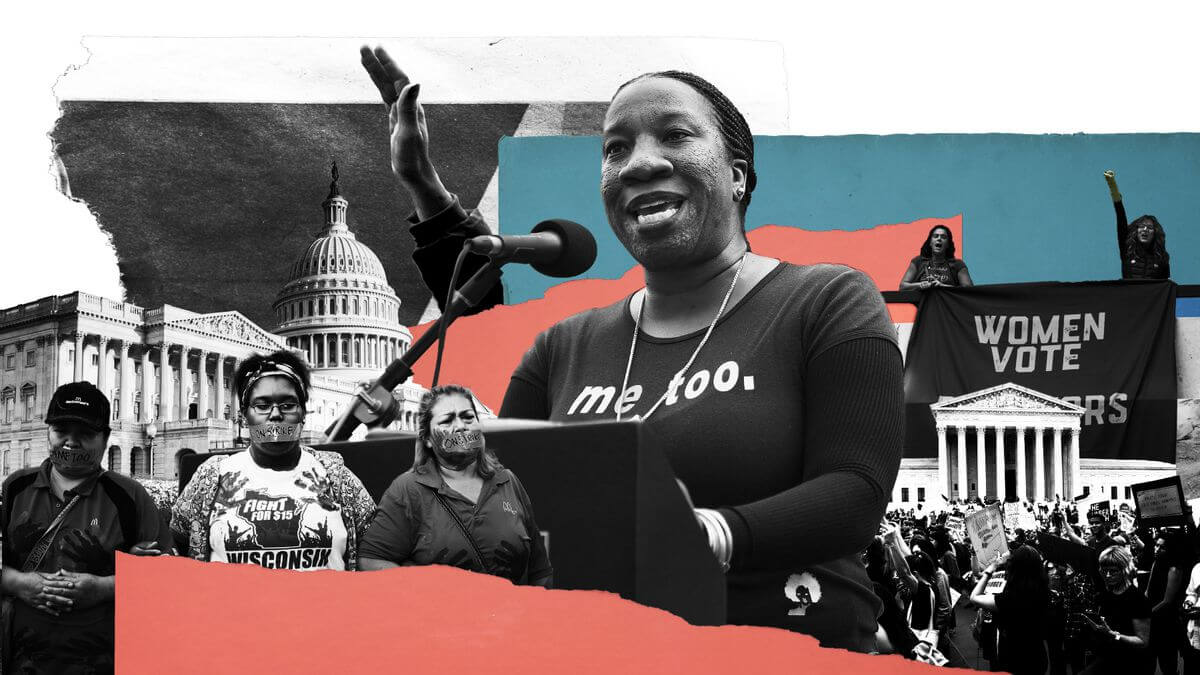
#MeToo

Women'March
Equal payment
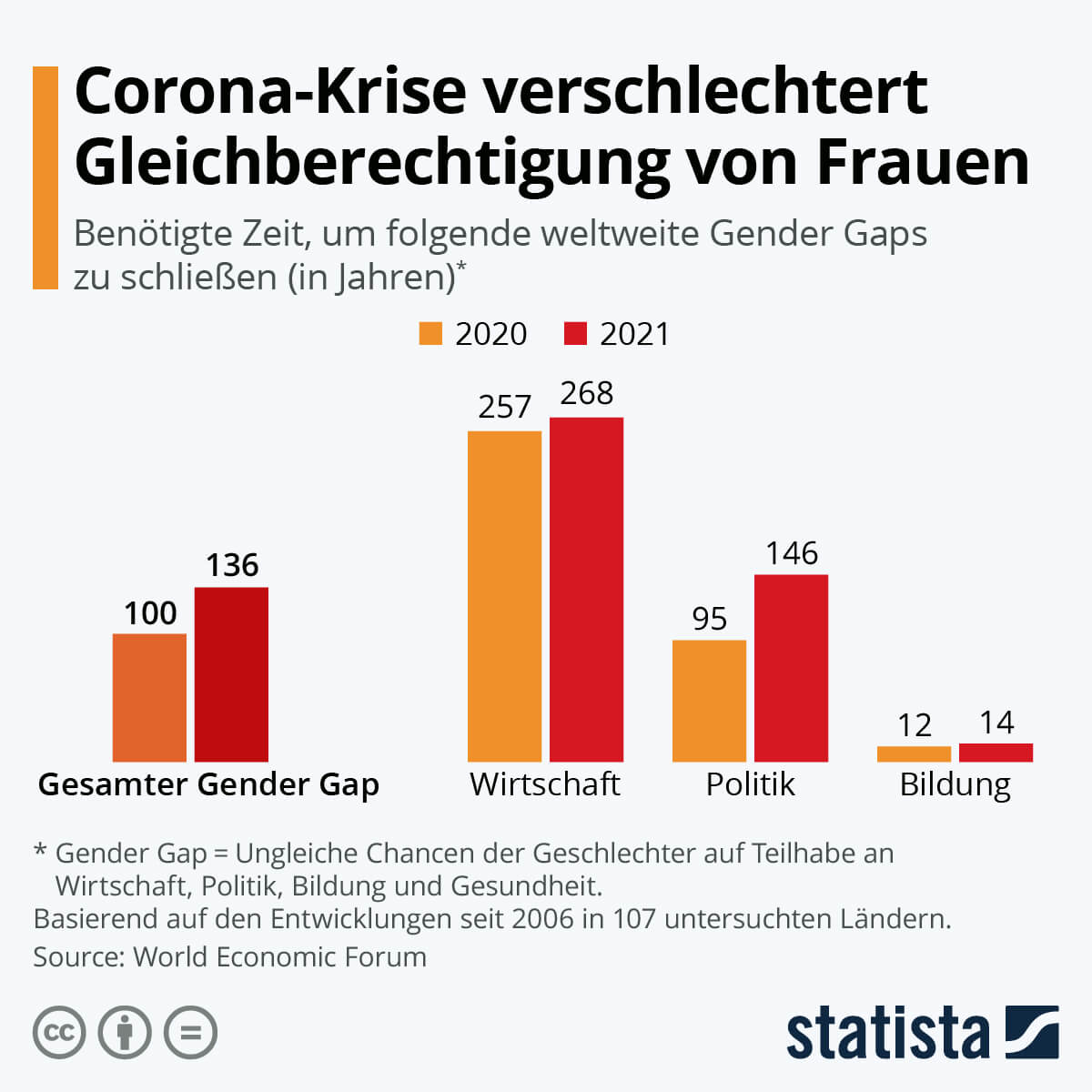
Corona and the equality

Bundestag deletes paragraph 219a
US Supreme Court overturns abortion law

Equal pay for women in Germany
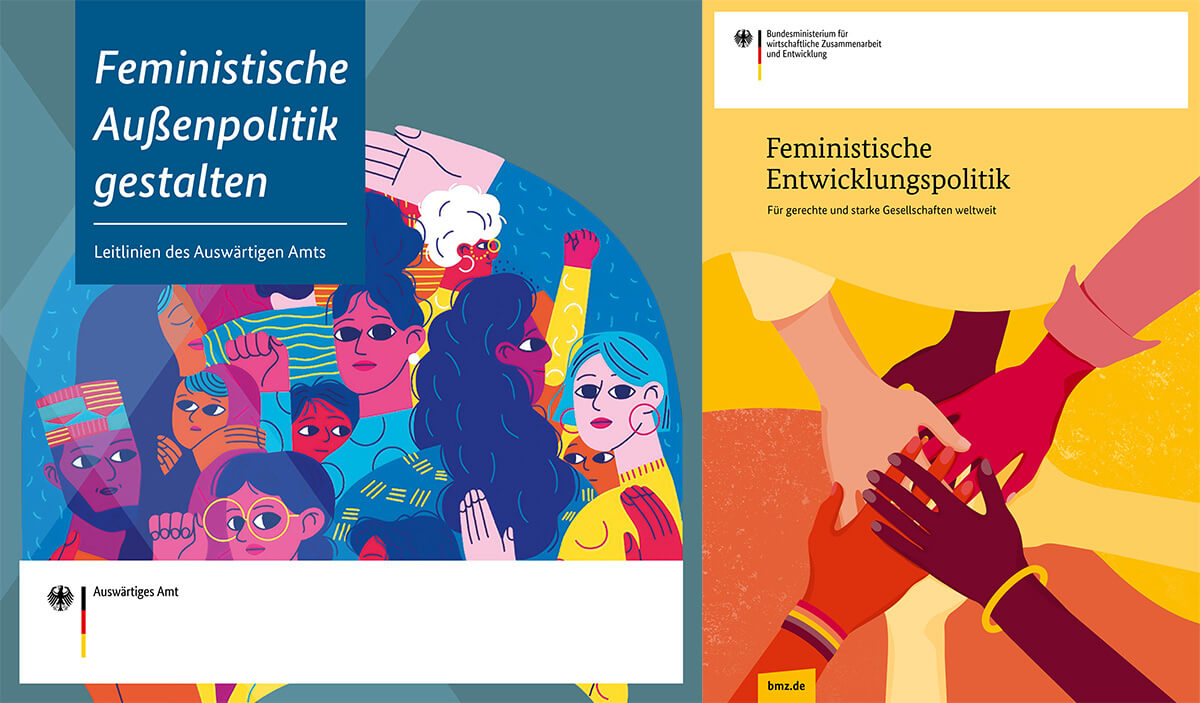
Guidelines for feminist foreign policy presented
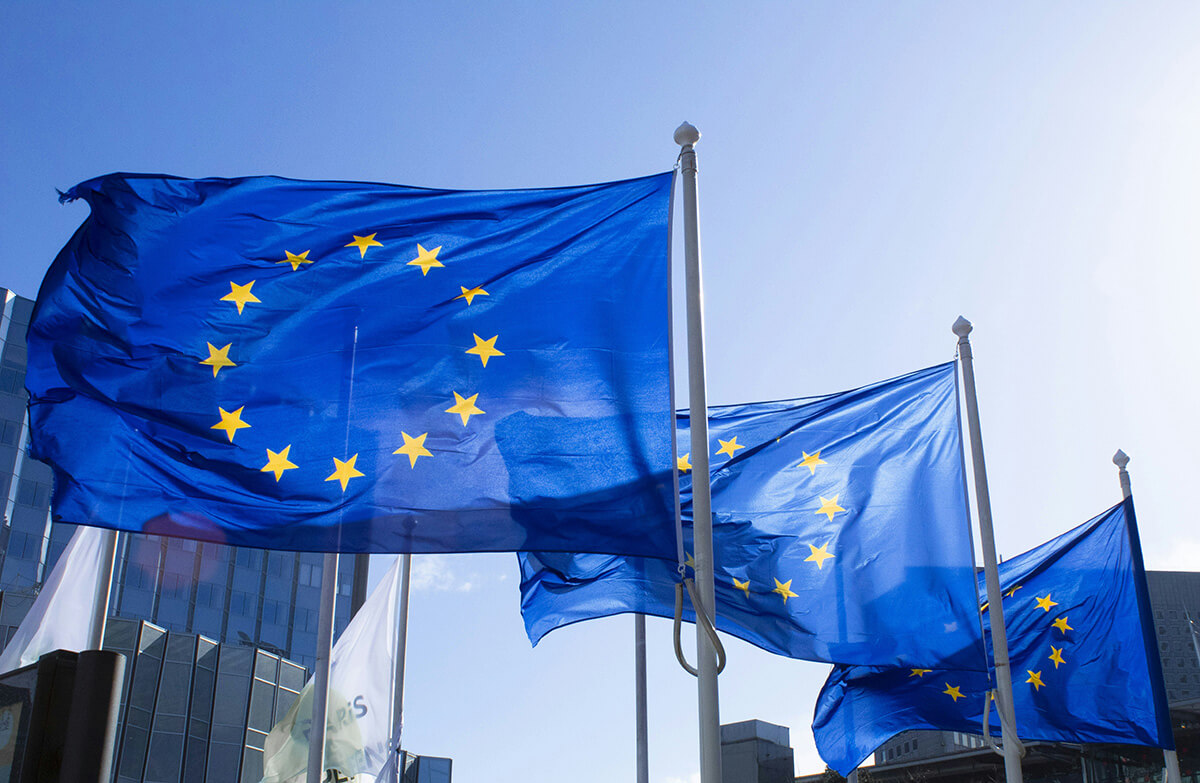
Agreement on women's protection law in the EU
Why we need female empowerment more than ever before
Feminist issues can no longer be ignored in today’s world and are becoming increasingly all-encompassing. This leads to the conclusion that women have already achieved a lot and should be content with what they have achieved. At the same time, misogynistic assaults, discriminatory and sexualized language, encroaching laws (§218 penal code) as well as unchanging statistics show us that female empowerment and sympathizing with this issue are more necessary than ever. In this context, every little impulse counts. If we enable young women to participate in our educational institutions, if we include all genders in our use of language, if we strengthen the women’s quota at all levels of professional careers or if we give women the opportunity to stand up for themselves in a self-determined way for their profession, their family, their finances or their performance, female empowerment will lead to more diversity, respect and, above all, more equality (of all genders!).
Since recent research and statistics, we know that wars (see Afghanistan and Ukraine) and crises, such as the Corono pandemic, significantly slow down efforts for greater equality or reverse feminist gains.
Facts and Data on Female Empowerment
A list of all statistics regarding female empowerment would certainly go beyond the scope of this article. This is why selected data and statistics are provided here to enable you to form your own picture of the state of gender equality. Of course, it must be kept in mind that this selection corresponds to my criteria of importance or meaningfulness and can be expanded at any time. If I have forgotten a report, a statistic or even misrepresented a context, I look forward to receiving a corresponding message.
Feminist foreign policy and feminist development policy
On 01.03.2023 the guidelines of the feminist foreign policy of the Foreign Office in Germany were published by Annalena Baerbock. In February 2023, a paper on feminist development policy was also published by the German Federal Ministry for Economic Cooperation and Development. These represent an extraordinary achievement for the protection of women, girls and marginalized groups.
These are the ten guidelines of feminist foreign policy in a nutshell:
- We integrate the perspectives of women and marginalized groups into our global work for peace and security (fighting sexual and gender-based violence in armed conflicts, humanitarian arms control, a secure world without nuclear weapons).
- Humanitarian assistance should be 100% at least gender-sensitive and, wherever indicated, gender-targeted.
- We actively address where the rights of women and marginalized people are not consistently implemented (sexual self-determination, overcoming female genital mutilation, combating violence against and discrimination against LGBTIQ*).
- We help offset the specific impacts of the climate crisis on women and marginalized groups.
- We build networks in international economic policy and promote the participation of women and members of marginalized groups in economic processes (international standards, making the use of artificial intelligence gender-responsive and non-discriminatory).
- We promote equal representation and participation of women and marginalized people in society (e.g. in arts and culture, research and science, education and media, protection for vulnerable people).
- We work for equality, diversity and inclusion in the Foreign Service (increasing the proportion of women in management positions, taking into account the needs of employees).
- We ensure equal opportunities and a discrimination-free working environment (part-time or parental leave must not have a negative impact on career progression, zero tolerance for sexual harassment and sexism).
- We promote diversity within our own ranks. We see diverse teams as an enrichment for our work (education and training of gender and diversity competence).
- We encourage exchange and networking. We further develop feminist foreign policy in dialogue with civil society, citizens and international partners.
Women's networks, associations and initiatives for more female empowerment
Together, so much more can be accomplished in the area of Female Empowerment. Therefore, various women’s networks, associations and initiatives are listed below, which work for (international) women’s rights, equality and diversity. This list is constantly being expanded, so if you are missing a network, an association, an initiative or your own company, you can contact me at any time.
Women's Empowerment Principles (WEPS)
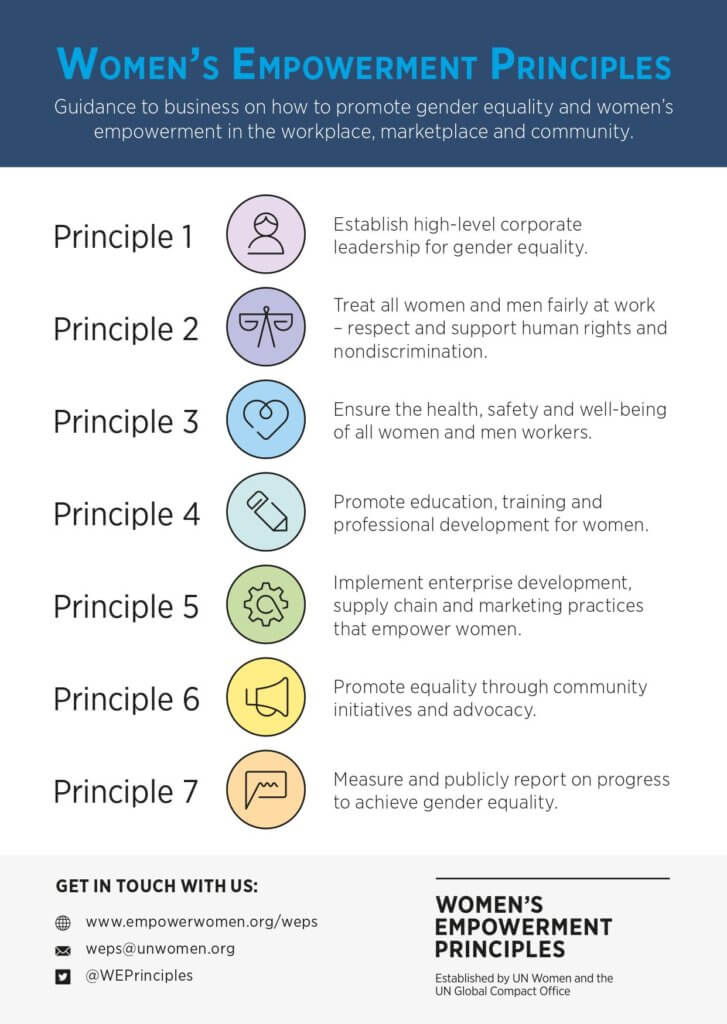
WEPs are an important tool for companies’ implementation of the gender equality dimensions of the 2030 Agenda and the United Nations Sustainable Development Goals. By joining the WEP community, the company is signaling its commitment to this agenda to promote business practices that empower women. These include equal pay for work of equal value, gender-sensitive policies to promote women, and zero tolerance for sexual harassment in the workplace. The free signature is possible through the following page: https://www.weps.org/join.
My Female Empowerment Approach

Systemic view
In doing so, it is the systemic view that makes every situation and action transparent in multiple cause-effect relationships and often makes the development of a sustainable solution possible in the first place. This ensures, for example, that the right solution is generated for the associated challenge and that a new problem is not created. Systemic also means that in my approach to female empowerment not only the individual is considered, but also the environment and the people involved.
Feelings and emotions
Strong drivers of our actions are our values as well as emotions. Ignoring them often leads to some dissonance with our needs. In order for Female Empowerment Coaching to have its full effect, feelings are to be accepted as part of our own self and articulated if possible. In this way, my clients remain self-determined and in control of their own emotions.
If you would also like support for yourself or for your female specialists and managers as part of female empowerment coaching, you are welcome to take advantage of our free initial consultation.
Female Mentoring and Sponsoring
Two particular types of female empowerment and mutual support for women, are Female Mentoring and Female Sponsoring.
As a mentor myself, I know how valuable mentoring can be as a tool for personal development. The cooperation extends over several weeks/months, starts at the informal level and often promotes the development of one’s own career network.
In Female Sponsoring, the support goes beyond the advisory purpose and the sponsor facilitates direct contacts as well as the associated advancement of women.
8 Tips for Mutual Female Empowerment
Each of us can empower other women, but also ourselves. To get you off to a good start, I have listed 8 tips for mutual female empowerment below:
1. take care of yourself as if you were your own best friend
In order to be able to support others on their way, we ourselves should be satisfied with ourselves and our behavior. Often we are hard on our own ego, suffer from impostor syndrome, or don’t trust ourselves to make self-determined decisions. However, we should constantly take care of ourselves (keyword: self-care), because in case of doubt, no one else will.
2. check your prejudices
Just because we are women ourselves does not mean that we are unbiased towards other women (keyword: unconscious bias). A study by the opinion research institute YouGov showed that almost one in five women (18 percent) prefer to work for a male boss, only 8 percent preferred a woman at the top of the company, and for 35 percent of Germans it is problematic if a woman earns more money than her husband. Such thoughts are deeply embedded and it is the responsibility of each and every individual to challenge them.
3. support all women – even “the strong ones”.
We women have a hard time being seen and heard in our male-dominated society. Our successes are hard-fought. A woman who vehemently challenges outdated role models, builds her own business or stands up for the rights of others often does not appear to be in great need of help. However, how someone looks on the outside is not a sufficient indicator of how they are feeling on the inside. In Germany, twice as many women suffer from depression as men. Therefore, give an open ear to (even supposedly strong-looking) women in your environment and regularly inquire about their mental and emotional health.
4. make visible the commitment of women to the community
Thank women who do great things in your everyday life – preferably in a way that everyone can see. Women often take on the indispensable care work. Small courtesies and helpful details that maintain a smooth workflow are often overlooked or even taken for granted. A thank you note to team members or colleagues makes the value of this work visible to the whole team. And being seen is very empowering.
5. equal opportunities: recommend a woman!
If you hold a position of power and have the opportunity to make a recommendation for a speaker at an event or decide on staffing replacements, consider whether you know a suitable woman. If you are the one holding the microphone, be brave enough to pass it to another woman. Because speaking time is power.
6. talk more about female sexuality and diversity
Period, masturbation, vulva – these topics are often not talked about and they are not infrequently associated with shame. The dissatisfaction with one’s own body is unfortunately reinforced by social networks(see Facebook Papers). The following quote from Michelle Obama is especially fitting for this: “I think the worst thing we do to each other as women is not share the truth about our bodies and how they work.”
Have courage and empower even young girls to be happy and satisfied with their bodies and their thinking and to talk openly about it especially when doubts, fears or questions arise.
7. help break gender norms
What women learn about “womanhood” and their role in society begins when women are still little girls. If we tell our daughters what subjects and professions are suitable for them and we model classic role models for them, how would they know any better later? Let’s encourage children, especially girls, to dream big and be brave, because as adults we know better than anyone else: Boundaries are only created in our heads. So why let them come into being at all?
8. female empowerment means: “Rise by lifting others”.
One of the biggest obstacles women face is constant competition with other women. Not only do we have to fight hard for our place, but we also have to justify and defend it to other women. Successful women are often viewed with a lot of envy and resentment.
In doing so, a woman in a position of power can pave the way for other women. Rather than fighting it, we should be backing it. Behind every strong woman should be a solidarity support network of other strong women.
Films, Books and Podcasts on Female Empowerment
Feel free to listen in to the podcast episode: “All About Female Empowerment” to learn more about the importance of female empowerment and why we need more of it:
Feminist thoughts and ideas are by no means dusty theories. Instead, they can be inspiring, empowering, and entertaining to boot. The Female Empowerment Library therefore lists numerous films, books and podcasts that empower. If an important title is missing here, please feel free to contact me!
Let's celebrate our diversity and our differences more!
Female empowerment is a topic that concerns each and every one of us. Our diversity makes us special, diverse, inspiring and brings innovative excitement to every field in which we operate. It is important that we talk about it in our environment to create a broad awareness. Even small steps lead to the goal: an equal society.
